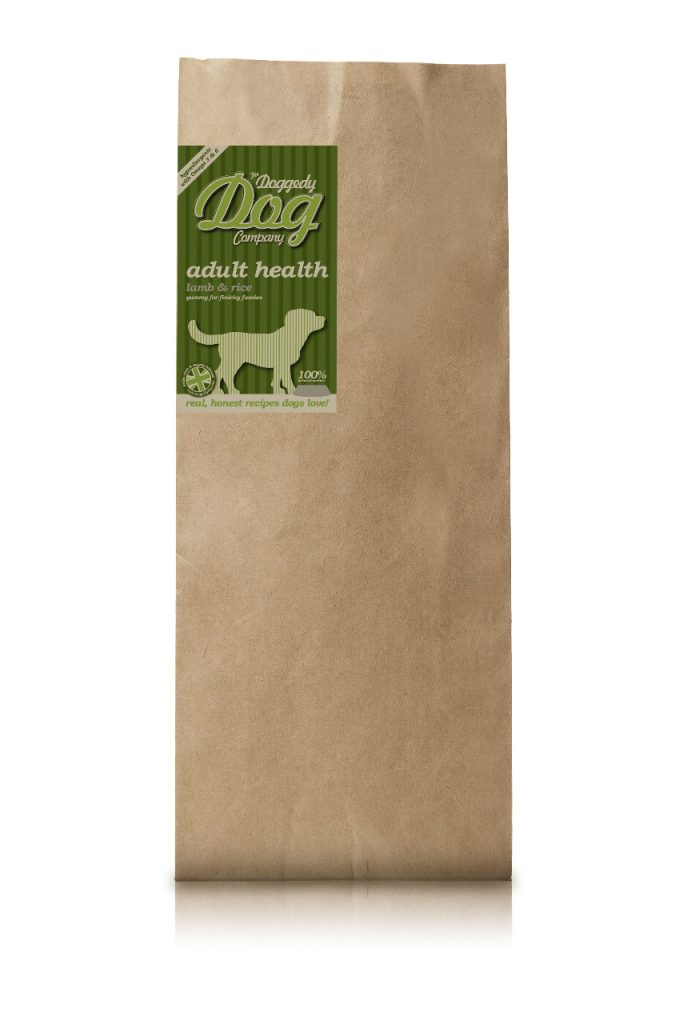More and more consumers are wanting green products. That includes the packaging and the label. when searching for eco-friendly labels, you may come across the terms “biodegradable,” “degradable,” and “compostable.” Knowing the difference will help you determine how green you want to go.
Biodegradable, compostable, and degradable products are made from different materials and deteriorate under varying circumstances.
Biodegradable refers to a product breaking down into natural elements, carbon dioxide, and water vapor by organisms like bacteria and fungi. Technically, just about everything is biodegradable, although it will take hundreds of thousands of years for most things to biodegrade. Here are some benefits of biodegradable products:
- Biodegradable products break down much faster than other types of products.
- These types of products break down into carbon dioxide, water vapor, and organic material, which isn’t harmful to the environment.
- Typically, these products are made from sustainable materials and plant by-products, such as corn starch or sugarcane.
Biodegradable products shouldn’t go to landfills. While biodegradable products are generally an eco-friendly option for restaurants, there are some downsides as well. When biodegradable products are dumped into landfills, which happens when they’re thrown into the trash, they often become buried. Beneficial bacteria cannot survive buried underneath that trash because there is very little oxygen.
As a result, the biodegradable products break down anaerobically, meaning without oxygen, which creates methane, a greenhouse gas that is bad for the environment. Some landfills collect methane that is produced in their landfills and use it to create electricity, but most do not.
Compostable means that a product will break down into natural elements, but only in a compost setting. Compostable materials are typically made from plants and other organic materials, such as corn starch, bagasse, or PLA plastic. Compostable products have two added benefits over biodegradable options: they break down much faster, many in roughly 90 days, and they also break down into nutrient-rich products, which generates healthy soil for the planet.
For compostable products to break down correctly, they need to be thrown away in a compost heap. Compost heaps are rich in microorganisms and reach high temperatures, which allow products to
break down quickly. These types of products do not break down easily in traditional landfills, so compostable products should not be thrown in the trash. Additionally, many types of compostable products mimic the look of plastic, but they should not be recycled. Compostable products are not recyclable, and if a compostable item gets into the recycling process, it will contaminate and ruin the rest of the batch. As a result, if you’re using labels, you should alert your customers so they can dispose of the products properly.
Degradable products are mostly oil-based and they break down through chemical reactions rather than organically by microorganisms. Unlike biodegradable products, degradable plastic items can break down in anaerobic environments like landfills.
Additionally, degradable products do not break down completely and turn into organic material. Instead they break apart into microscopic pieces which can still affect the environment. For example, some plastic can degrade and turn into small pieces, which animals ingest, causing major issues in the food chain. Additionally, it typically takes much longer for products to degrade than it does to take biodegradable or compostable items to break down. While there are many similarities between biodegradable, compostable, and degradable items in terms of construction and look, they are vastly different and have very different impacts on the environment. Compostable labels are the perfect choice because they’re sustainable, they turn into safe organic material, and they break down quickly.

